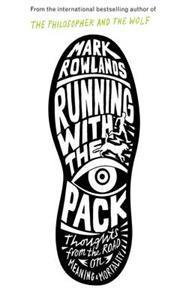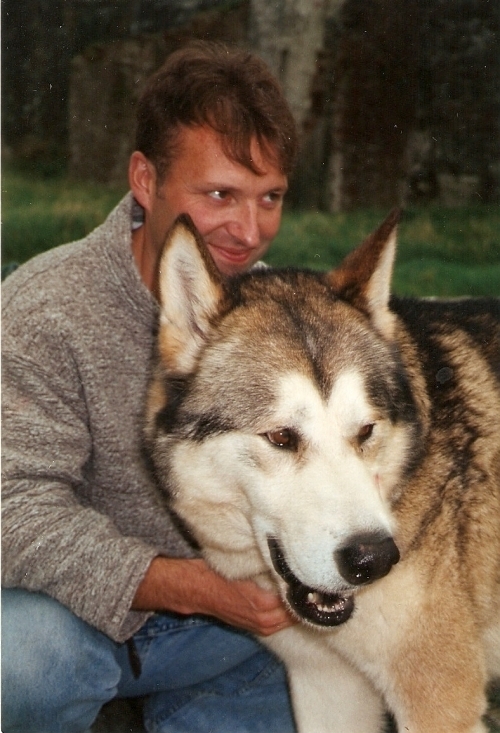
'Most of the serious thinking I have done over the past twenty years has been done while running.' Mark Rowlands has run for most of his life. He has also been a professional philosopher. And for him the two - running and philosophising - are inextricably connected. In Running with the Pack he tells us about the most significant runs of his life - from the entire day he spent running as a boy in Wales, to the runs along French beaches and up Irish mountains with his beloved wolf Brenin, and through Florida swamps more recently with his dog Nina. Intertwined with this honest, passionate and witty memoir are the fascinating meditations that those runs triggered. He ends by describing running a mid-life marathon with absolutely no training. Woven throughout the book are profound meditations on mortality, midlife and the meaning of life. This is a highly original and moving book that will make the philosophically inclined want to run, and those who love running become intoxicated by philosophical ideas.
Author

Mark Rowlands was born in Newport, Wales and began his undergraduate degree at Manchester University in engineering before changing to philosophy. He took his doctorate in philosophy from Oxford University and has held various academic positions in philosophy in universities in Britain, Ireland and the US. His best known work is the book The Philosopher and the Wolf about a decade of his life he spent living and travelling with a wolf. As The Guardian described it in its review, "it is perhaps best described as the autobiography of an idea, or rather a set of related ideas, about the relationship between human and non-human animals." Reviews were very positive, the Financial Times said it was "a remarkable portrait of the bond that can exist between a human being and a beast,". Mark Vernon writing in The Times Literary Supplement "found the lessons on consciousness, animals and knowledge as engaging as the main current of the memoir," and added that it "could become a philosophical cult classic", while John Gray in the Literary Review thought it "a powerfully subversive critique of the unexamined assumptions that shape the way most philosophers - along with most people - think about animals and themselves." However, Alexander Fiske-Harrison for Prospect warned that "if you combine misanthropy and lycophilia, the resulting hybrid, lycanthropy, is indeed interesting, but philosophically quite sterile" and that, although Rowlands "acknowledges at the beginning of the book that he cannot think like a wolf... for such a capable philosopher and readable author not to have made the attempt is indeed an opportunity missed." As a professional philosopher, Rowlands is known as one of the principal architects of the view known as vehicle externalism or the extended mind, and also for his work on the moral status of animals.